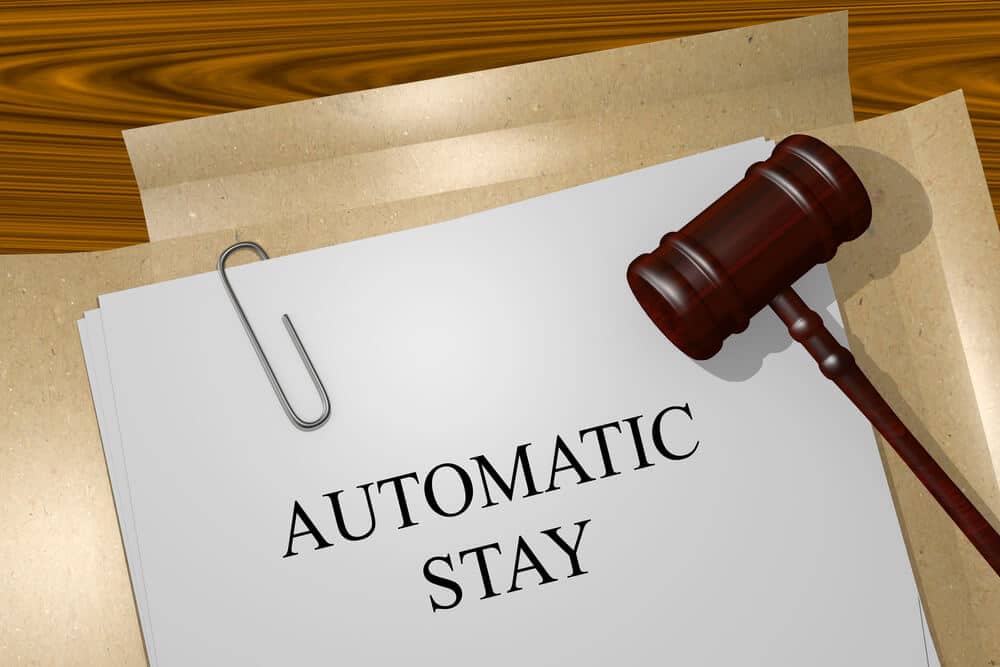A foreclosure typically begins after a homeowner falls behind on mortgage payments. If you’ve missed a few mortgage payments and have been persistently contacted by your bank, filing bankruptcy can help you. The timing of your bankruptcy can make a difference for you, and whether you should file before or after foreclosure depends on your particular situation.
In some cases, it’s better to file for bankruptcy first, before the foreclosure sale occurs. Today, learn all the details about the process of filing for bankruptcy before foreclosure.
The Automatic Stay
Once the bankruptcy case is filed, legal protection called an automatic stay is issued by the court. The automatic stay restricts creditors from pursuing any debt collection actions, including a foreclosure on a home.
Your lender has the right to ask the bankruptcy court to remove the automatic stay and allow them to move forward with the foreclosure. But there is often a surplus of foreclosed homes on the market, so lenders usually wait for bankruptcy cases to conclude before continuing with foreclosure.
Buy More Time in Your Home
The automatic stay stops the foreclosure and allows you to stay in your home for the time being. As your bankruptcy goes through the court system, which could take three or four months, you can live in your home without paying mortgage or rent. This will then help you build up your savings.
Be aware that the length of the stay can vary, depending on your circumstances and the bankruptcy chapter you file. The foreclosure could last for several months, it could last for five years, or it could be permanent.
Consider Chapter 13 Bankruptcy
In Chapter 13 bankruptcy, you make payments to your creditors over a three to five year period. You may keep your property in return. If you are in foreclosure and you want to try to keep the property, you may be able to pay off your overdue mortgage payments over the progression of your repayment plan. Then, at the end of your plan, you will be current with your mortgage again. You would not be able to get caught up on missed mortgage payments if you file bankruptcy after your home is sold at foreclosure.
Avoiding a Deficiency Judgment
A deficiency is the difference between how much you owe when your home is sold at foreclosure and its fair market value. By filing bankruptcy before the foreclosure sale, you remove your legal responsibility to pay the deficiency. Bankruptcy will also eliminate your obligation to pay mortgages that weren’t paid through the foreclosure sale, such as a second or third mortgage.
Potential Tax Benefits
You can also avoid the tax consequences that can follow a foreclosure, such as capital gains or tax due on forgiveness of debt income (if the mortgage company waives its right to collect a deficiency). It’s important to discharge the debt before the tax gets assessed.
Contact Groce & DeArmon Today
If foreclosure is a threat to you, it’s important to seek out legal aid immediately to see what you can do to stay in your home. For more information about bankruptcy and foreclosure, contact Groce & DeArmon, P.C. today or call us directly at (417) 862-3706.
Related Post: Filing For Bankruptcy After Foreclosure

